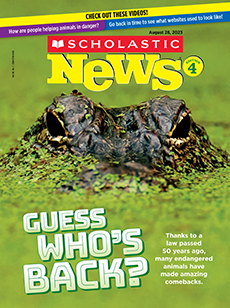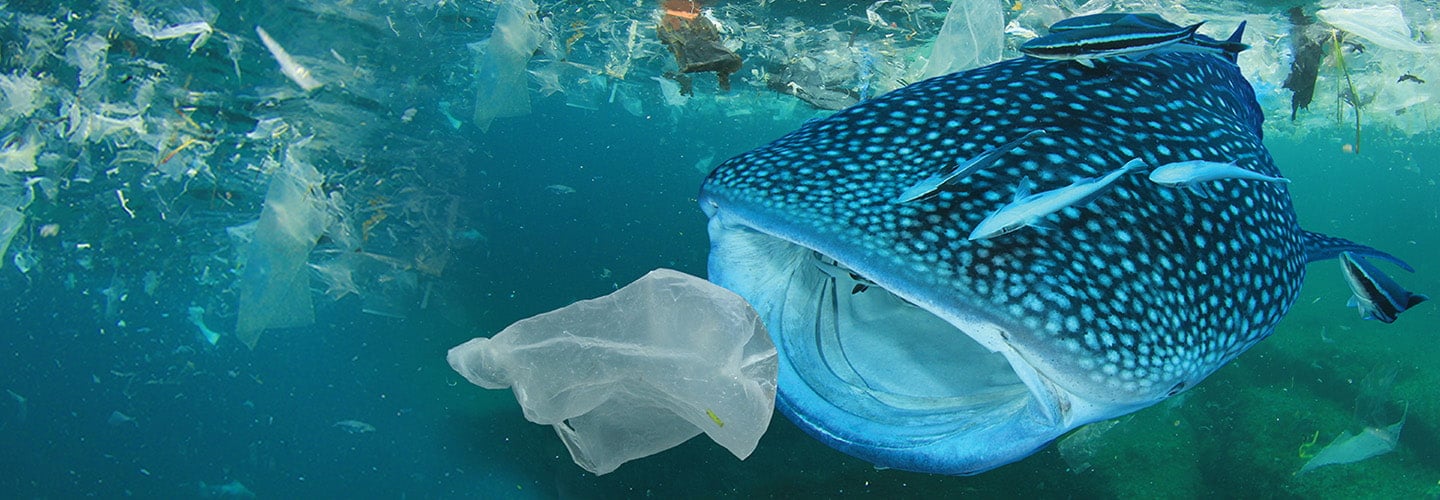You just finished lunch and are about to head to recess. On your way outside, you toss your empty water bottle into the recycling bin. You’re keeping plastic from piling up and hurting the environment, right?
Maybe not. In fact, in 2021 only 5 to 6 percent of plastic waste in the U.S. was recycled. That’s according to a report from environmental groups The Last Beach Cleanup and Beyond Plastics.
That might come as a shock. But the truth is, recycling plastic is complicated and expensive. It’s often cheaper to send plastic trash to landfills, where it could take centuries to decompose.
Thankfully, many people are working to solve the problems with recycling. But will their efforts be enough to make a real difference?
You just finished lunch. Now you are about to head to recess. On your way outside, you toss your empty water bottle into the recycling bin. You’re keeping plastic from piling up and hurting the environment, right?
Maybe not. In fact, in 2021, only 5 to 6 percent of plastic waste in the U.S. was recycled. That’s according to a report from environmental groups The Last Beach Cleanup and Beyond Plastics.
That might come as a shock. But the truth is, recycling plastic is complicated. It’s also expensive. Sending plastic trash to landfills is often cheaper. In landfills, plastic could take centuries to decompose.
Thankfully, many people are working to solve the problems with recycling. But will their efforts be enough to make a real difference?

